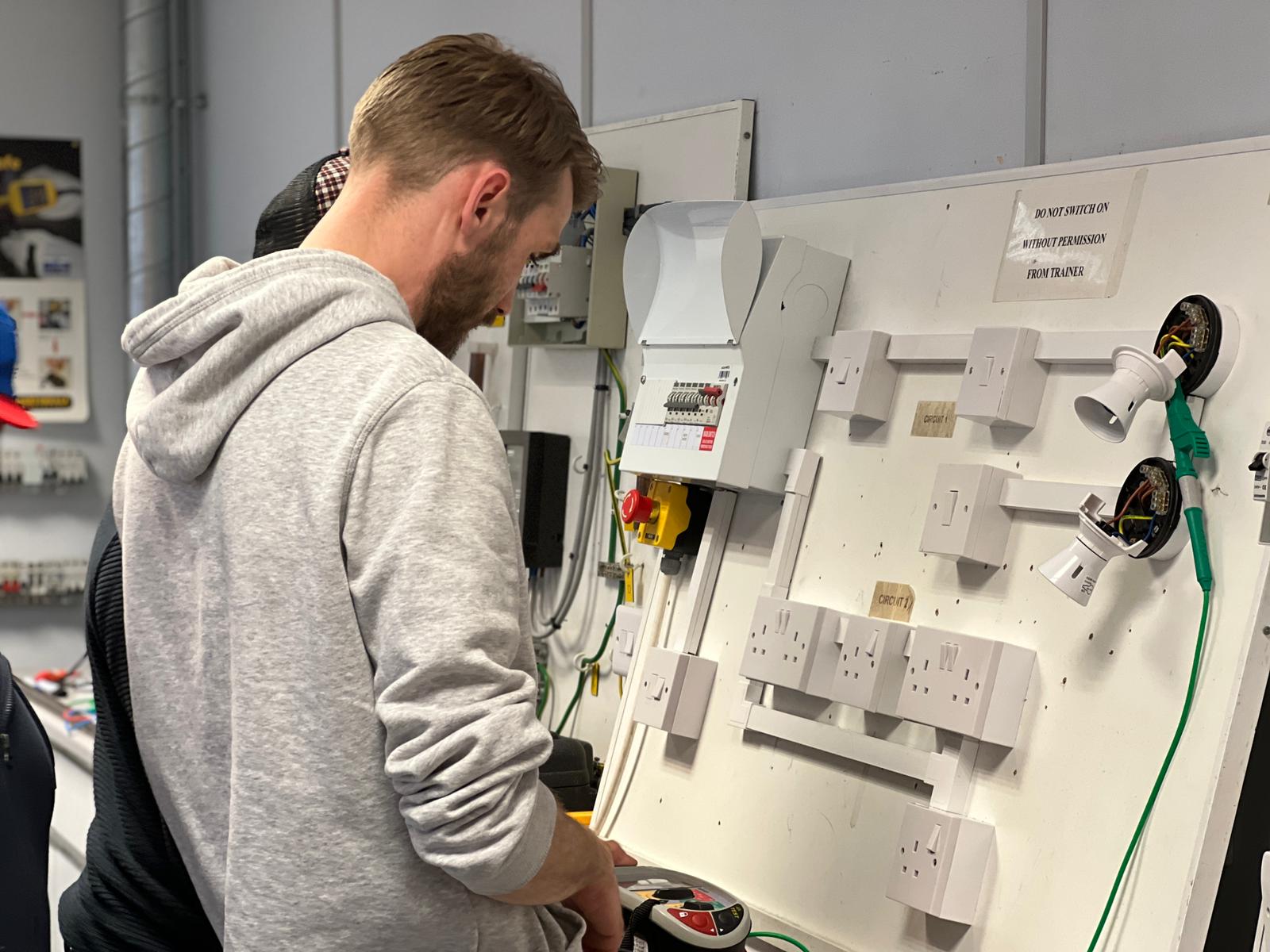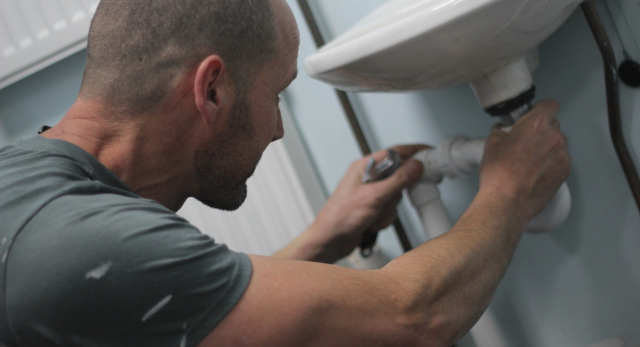If you undertake electrical installations as part of your job, you will be familiar with the phrase ‘Part P’, but what does it mean and why is it important? This blog will answer your most frequently asked Part P questions and explain why a Part P qualification could benefit you, even if electrical work is not your primary role.
What is Part P?
‘Part P’ refers to a section of the Building Regulations relating to electrical safety that was introduced in England and Wales in 2005.
It requires all electrical installations in dwellings and associated buildings to comply with the IET Wiring Regulations 18th Edition (BS 7671:2018), which covers requirements for design, installation, inspection, testing, verification and certification.
I’m not an electrician – do I need Part P?
Part P is a key part of becoming an electrician, but you do not need to be an electrician to benefit from the qualification. Part P training could benefit you if you are:
- A kitchen or bathroom fitter, plumber, heating engineer or builder, and you carry out electrical work in a secondary capacity. This could include things like wiring in a boiler, cooker or shower.
- A domestic electrical installer wanting to reduce reliance on other tradespeople.
- An electrical operative working towards joining a CPS.
Logic4training’s Domestic Electrical Installer (Part P) course is designed for a wide range of operatives who carry out electrical installation in domestic settings, either as their primary occupation or as a secondary task to their main role.
Do I need to be part of a CPS to self-certify under Part P?
Yes. For domestic electrical installers and electrical operatives, Part P is a basic requirement of joining a recognised CPS, alongside 18th edition training, a recognised Level 3 Qualification and at least 2 years’ experience.
Part P can also help other registered tradespeople to save costs by self-certifying electrical installations. If you carry out some electrical work in connection with your primary business activity, for example, kitchen or bathroom fitting, plumbing or gas/heating engineering, the UK government has approved the following CPS for Part P purposes:
- APHC (Association of Plumbing and Heating Contractors)
- BESCA (Building Engineering Services Competent Assessment)
- Blue Flame Certification
- NAPIT
- NICEIC and ELECSA
Find out more about approved certification schemes
How do I become a Part P domestic installer?
To become a Part P electrical installer, you must demonstrate your competence in electrical installation work and obtain a qualification that is recognised by a CPS.
Logic4training’s Part P electrical training course covers all the main competence areas required for domestic electrical installation, in accordance with the latest edition of the 18th Edition Wiring Regulations.
The course focuses on installation, inspection, testing and certification on domestic electrical installations and teaches learners how to notify electrical installations (when required) under Part P of the Building Regulations – either direct to the Local Authority Building Control or through a relevant CPS.
How long does a Part P electrical qualification take?
The course is for operatives who have experience of electrical installations and takes 5 days to complete.
Would Part P training benefit your building services business?
Part P training is a valuable professional development opportunity for anyone who carries out some electrical work as part of their regular job. It demonstrates a commitment to professional standards and can help to build a positive reputation for the individual and their business.









